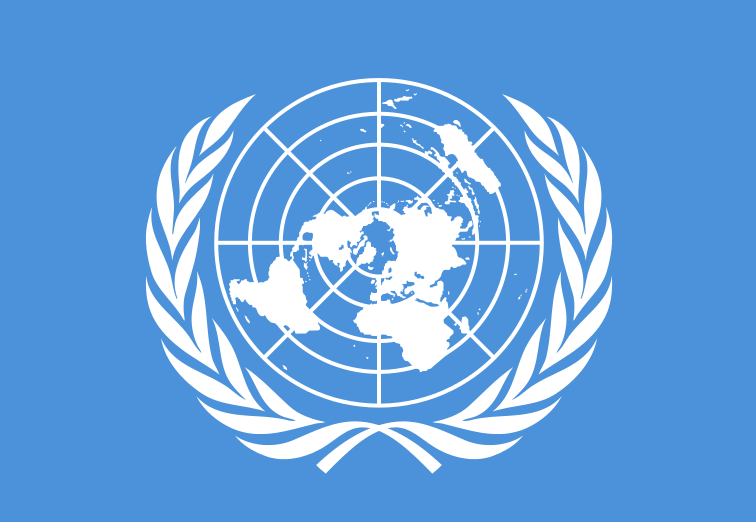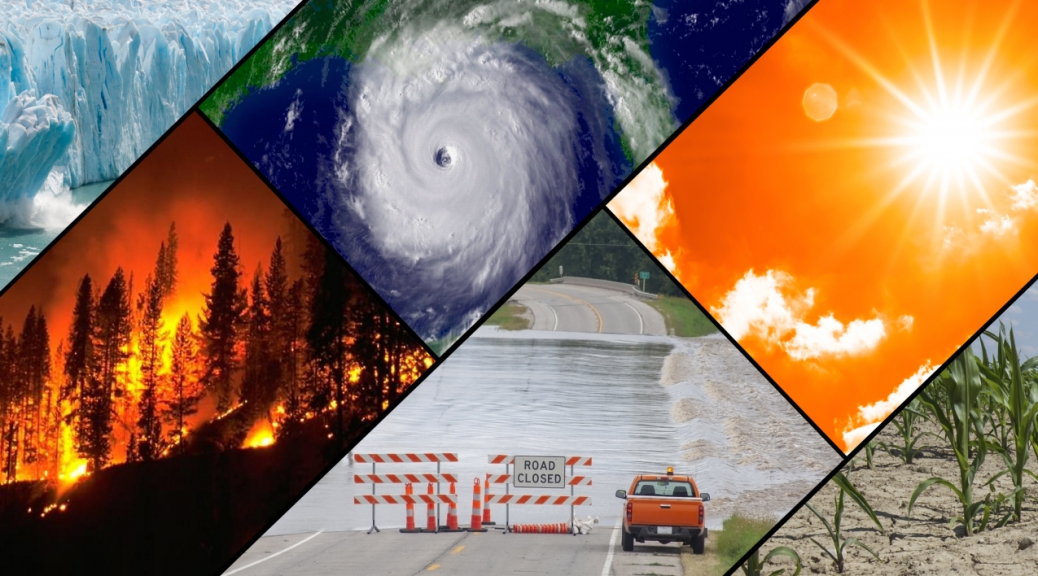
The news continues to be dominated by the conflict in Gaza, with the humanitarian crisis becoming more and more desperate. This may be the defining conflict of this generation and the world looks on, seemingly powerless to stop it. This post is written on the day the the United States once again vetoed an UN Security Council motion calling for a cease fire. The US was the only vote against, with one abstention from the United Kingdom. It is evident that the institutions, including the UN, and the body of international law that has been built over the past decades remains ineffectual in curtailing humanities’ worst attributes. The dominance of selfish national interest far outweighs the influence of human rights and prospects of peaceful conflict resolution through dialogue and negotiation.

South Africa urges ICJ to consider action on Israel’s planned Rafah assault
News: Aljazeera News
After Israel was ordered by the ICJ to take all measures to ensure its troops would not commit genocide against Palestinians in Gaza, Israel has extended their offensive to Rafah. South Africa has asked whether this requires the Court to use its powers to prevent further violations of Palestinian people’s rights. Since this article was published, the ICJ rejected South Africa’s request
Gaza and the End of the Rules-Based Order
Analysis by Agnès Callamard, www.foreignaffairs.com
The Israel offensive against Palestine that we have seen, especially since October 7, has been characterised as one of war crimes and breaches of international law. Does this conflict showcase the end of a “rules-based” international order?
Is the Middle East on the Verge of a Wider War?
Region hit by a spate of assassinations, bombings and attacks on ships.
By Mona Yacoubian, United States Institute of Peace
Three months after the Hamas terror attack on Israel, reverberations from the ensuing conflict in Gaza threaten to engulf the region in a wider war.
Free Congo: Unveiling the Ongoing Silent Genocide in the Democratic Republic of Congo
Blog: Pan African Lifestyle
This article elaborates on the silent genocide in the DRC, and links it to industrial copper and cobalt mining projects as well as tensions between the DRC, Rwanda and rebel groups.

Shifting discourses of climate security in India: domestic and international dimensions
Academic Article by Dhanasree Jayaram
The Indian perspectives on climate security are influenced by both domestic and international imperatives. The logic followed by India is not typically the same as that adopted by countries of the Global North. India’s discourses on the interconnections between climate change and security are largely conditioned by developmental priorities (domestic) and geopolitical pressures (international), which are not necessarily mutually exclusive.